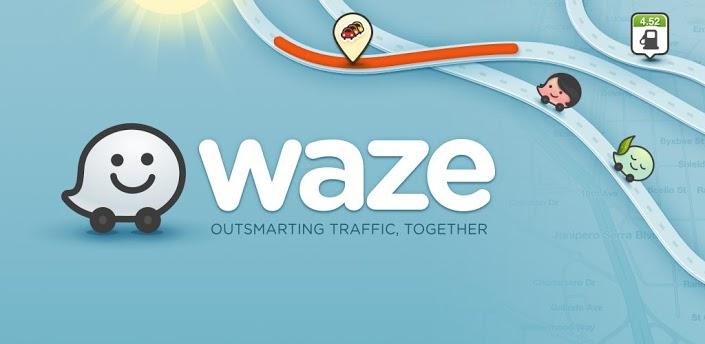
Following Google’s acquisition of socially sourced navigation app Waze back in June, the Mountain View company has now started to incorporate some of its data into Google Maps.
“Users of Google Maps for mobile will now benefit from real-time incident reports from Waze users,” VP of Google Maps Brian McClendon said in a blog post announcing the news. So when Wazers (yes, that’s the name given to members of the Waze community) report, for example, accidents, construction, and road closures on Waze, “the updates will also appear on the Google Maps app for Android and iOS in Argentina, Brazil, Chile, Colombia, Ecuador, France, Germany, Mexico, Panama, Peru, Switzerland, UK and the US.”
Users of the Waze app – of which there are said to be around 50 million – will also see some changes. Both the Android and iOS versions of the free app now incorporate Google Search, meaning Wazers “will now have access to even more search results when navigating.”
Also, Street View and satellite imagery have been incorporated into the Waze Map Editor “to build out the map and make it easier to correct map errors reported by the community.”
With Maps now making use of Waze’s up-to-the-minute crowd-sourced traffic information, the app will suddenly prove itself to be a whole lot more useful for drivers using it to make their way around.
Waze gained a lot of exposure in September last year in the wake of Apple’s disastrous launch of its own Maps app. In an open letter to disgruntled users of the tech giant’s troubled maps offering, Apple boss Tim Cook suggested users give Waze a try.
“While we’re improving Maps, you can try alternatives by downloading map apps from the App Store like Bing, MapQuest and Waze,” Cook said at the time. Nine months later, Google bought the company for around $1 billion.
Almost a year on, Apple Maps is showing signs of improvement, though it could be years before it catches up with Google’s broad offering. However, the battle for in-car dominance is certainly on, with the Cupertino company recently announcing iOS in the Car, an initiative involving a dozen automakers that will allow drivers to, for example, ask Siri for directions with the navigation results appearing on the vehicle’s LCD screen.



